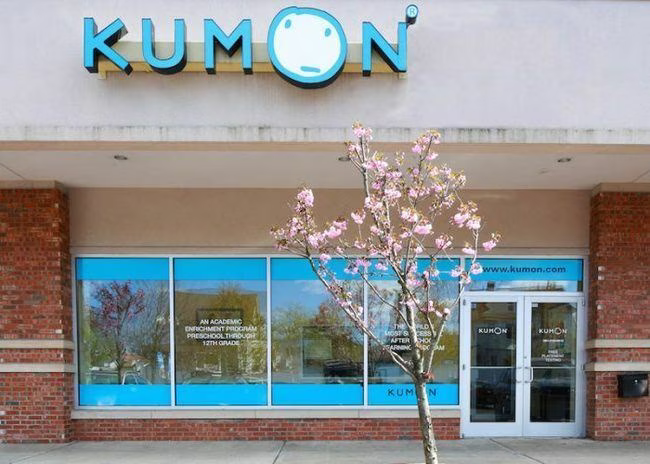Zuboff vs. Doctorow vs. Miessler: What’s the Greatest Threat to Human Privacy?

Shoshana Zuboff came out with a brilliant work called Surveillance Capitalism > a while back, which I reviewed here. It talked about not just the threat of the tech itself but how that tech could be used to control the behavior of populations.
I highly recommend it.
Cory Doctorow, of Down and Out in the Magic Kingdom and Little Brother fame just came out with a rebuttal, essentially saying no—it’s not the tech that’s the problem, but rather that the companies wielding the tech are monopolies.
I personally think they’re both looking for the enemy in the wrong place. It’s not tech that’s the problem, and it’s not capitalism’s final bosses, i.e. monopolies.
The problem is much worse—human desire combined with progress.
I want to convince you of this in two ways:
Showing you that human desire and progress ultimately lead to Surveillance Capitalism, and…
Showing that you can have Monopolies without the problem, and the problem without Monopolies.
My first point is that evolution drives us to win. As individuals, as groups, as governments, as cities, as countries. It’s ultimately the reason we get up in the morning. To be better. To win. To have better kids. Kids that are happier, more successful, and more attractive. So they can have more kids. Who can do the same thing.
This is not our game. It was a game that was given to us all. Against our will. Yet we claim it’s our idea.
So that’s evolution. And that’s what it makes us do.
Next is progress. Progress is like the drunk man named Stok struggling home after the bar. You might not be able to predict where his next step will be, but you can predict that he’s likely to end up at home.
We’re not going to slow progress because progress feeds on itself, and combined with evolution constantly pushing for improvements—we end up stumbling into constant advances that eventually arrive at superior technology.
It’s less predictable than the sunrise, but it’s just as inevitable.
So we can’t stop our desire to win as humans, and we can’t stop the advancement of technology because it’s driven by time plus that desire. Unfortunately, that is all that’s needed to get to Surveillance Capitalism and a serious threat to human privacy and freedom.
You don’t need monopolies. That’s a side effect. A detail. A triviality. Like the color of a sword that’s been passed through your bowels. Here Doctorow talks about one scary thing about the tech:
The Neighbors app allows you to form a neighborhood-wide surveillance grid with your fellow Ring owners through which you can share clips of "suspicious characters." If you’re thinking that this sounds like a recipe for letting curtain-twitching racists supercharge their suspicions of people with brown skin who walk down their blocks, you’re right. Ring has become a de facto, off-the-reading arm of the police without any of the pesky oversight or rules.
Cory Doctorow
Cory DoctorowThis is, of course, correct. But it has nothing to do with monopolies. Ring was doing a lot of this before it was bought by Amazon, and it could have continued doing so even if it weren’t.
Again, the thing that made it possible is 1) the human desire to be safe, and 2) the advancement of technology. Those are the vehicles at play.
Capitalism is simply a racetrack that these vehicles can use to move at high speeds, and monopolies—if anything—are an obstacle to that progress.
A good example of this is Clearview AI, which advanced one of the biggest attacks on human privacy in history by aggregating Google images and tying them to profiles through facial recognition. One person built that, which is the polar opposite of a monopoly. The reason it thrived is because it’s deeply empowering to be able to see someone and know everything about them.
So, big tech can be a problem if it’s not encouraged to follow a liberal and progressive spirit. Without a positive drive that’s consistently monitored and checked, it can become malignant. And monopolies can have many negative effects, from stifling innovation to providing increasing amounts of the world’s data to steal in one place.
But while it’s true that evil monopolies could stop benign competitors through anti-competitive practices, and big tech might branch into larger societal functions like education and healthcare once it gets big enough (see Amazon), the ultimate problem is not the size of companies or whether they’re monopolistic.
The problem is humans wanting to win, combined with the inevitable march of technological progress.
These are the forces that will create the tech companies. These are the forces that will make them large. These are the forces that will make their leaders want to control others. And these are the forces that will make them anti-competitive.
It’s ok to look for danger in particular manifestations of these core problems, such as certain types of company or certain types of government. But we shouldn’t make the mistake of thinking those things are the problem.
The problem is that evolution drives us to survive, to be safe, and to win. Constantly. And forever. Until we stop those forces, and the progress that comes with them, we will continue to see these mechanisms for controlling others spring into existence.
The path forward is not to stop symptoms of evolution-imbued drives, but rather to find ways to build a society where those tendencies can be exercised in a healthy way.